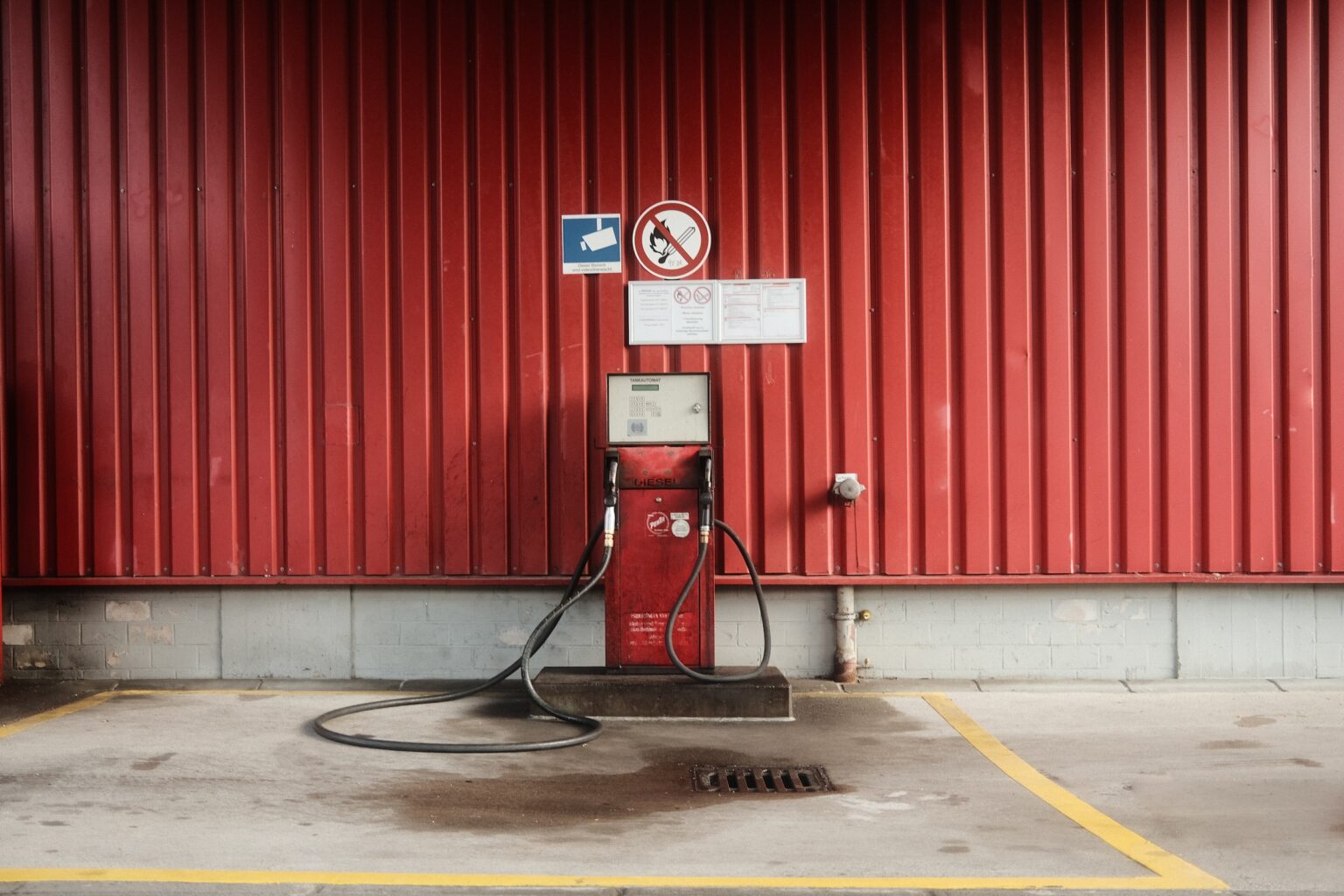Technology and Fuel Consumption
Fuel consumption has been an all-time concern among automobile manufacturers and users
the world over. The effects of fuel consumption on the environment and the rising cost of fuel
have driven vehicle manufacturers to apply technology in improving fuel consumption.
Automobile users are looking out for vehicles that save on consumption but can still deliver
to their expectations.
Technology has significantly come to the rescue of manufacturers and users in many
amazing ways. Integration of systems, upgrades to previous engines, and new automobile
designs have made it possible to lower fuel consumption in vehicles. This has also improved
fuel efficiency and engine power
What is Fuel Economy?
Fuel economy is simply the amount of fuel that a vehicle uses to cover a certain distance. It can also be described as the efficiency applied by a vehicle to cover a given distance. In specific terms, this is the amount in litres that a vehicle uses to cover a distance of 100 kilometres. The fewer litres a vehicle uses for a distance of 100 kilometres, the better the vehicle’s fuel efficiency.
Fuel economy is the most vital factor in saving money because it is the main determinant in calculating the operating costs of a vehicle. The effects of automobiles on the environment are also heavily dependent on a vehicle’s fuel economy.
What Influences Fuel Economy in Automobiles?
The fuel economy in automobiles is determined by several elements. They range from the vehicle design, driving habits, and the general maintenance of the vehicle. Some of the contributing factors to fuel economy are;
Automobile Design
This is about the incorporated aerodynamics during the manufacture of a vehicle.
Aerodynamics dictates how smoothly a vehicle travels against air and the amount of drag it
exerts. The less drag created, the less fuel a vehicle consumes. The overall weight and size
of a vehicle is another factor that dictates how much fuel a vehicle consumes.
Type of Engine
Diesel engines, for example, are essentially more efficient in fuel consumption than their
petrol counterparts. Older engine versions that have fewer or no technological integrations
are less efficient than the more modern ones that have fuel economy enhancement systems.
Driving Styles
How a driver handles the vehicle on the road is another major determinant of fuel economy.
Aggressive acceleration and abrupt or hard braking affect a vehicle’s fuel consumption.
Idling time or unnecessarily long engine idling will mean more consumption translating to
poor fuel economy.
General Maintenance
Good and timely maintenance of a vehicle will translate to optimized efficiency and better
fuel economy. Regular oil changes, correct tyre pressure checks, timely air filter renewal,
wheel balancing, and wheel alignment contribute to better fuel economy.
Bottomline
Low fuel consumption which translates to a better fuel economy has a lot of positive effects.
The economic benefits as a result of lower cost of operations of vehicles are achieved. The
environment benefits from a better fuel economy through lower harmful gases emission.
The incorporation of technology in the automobile industry has made it possible to improve fuel
efficiency, lower fuel consumption, and achieve better fuel economy.



